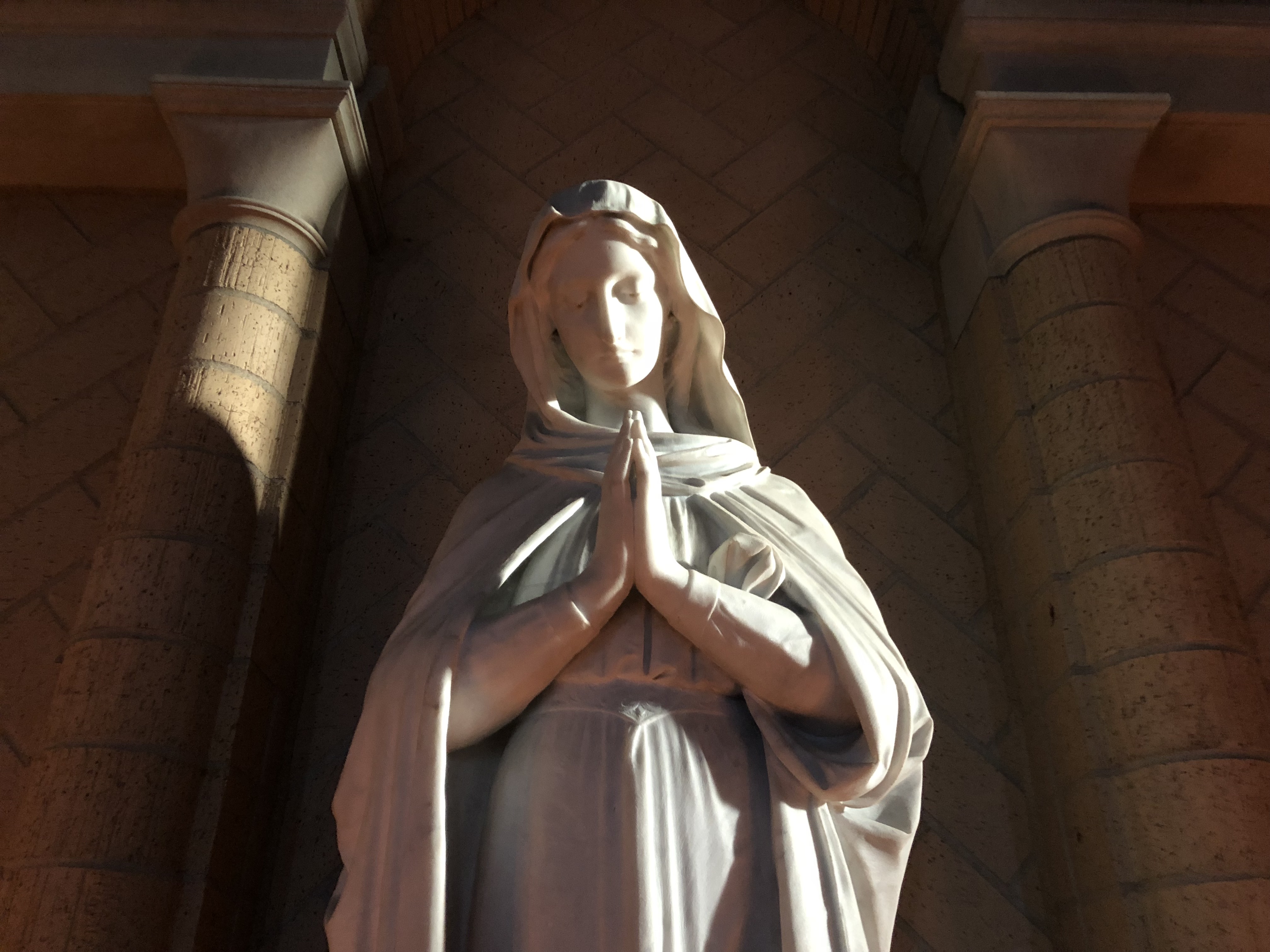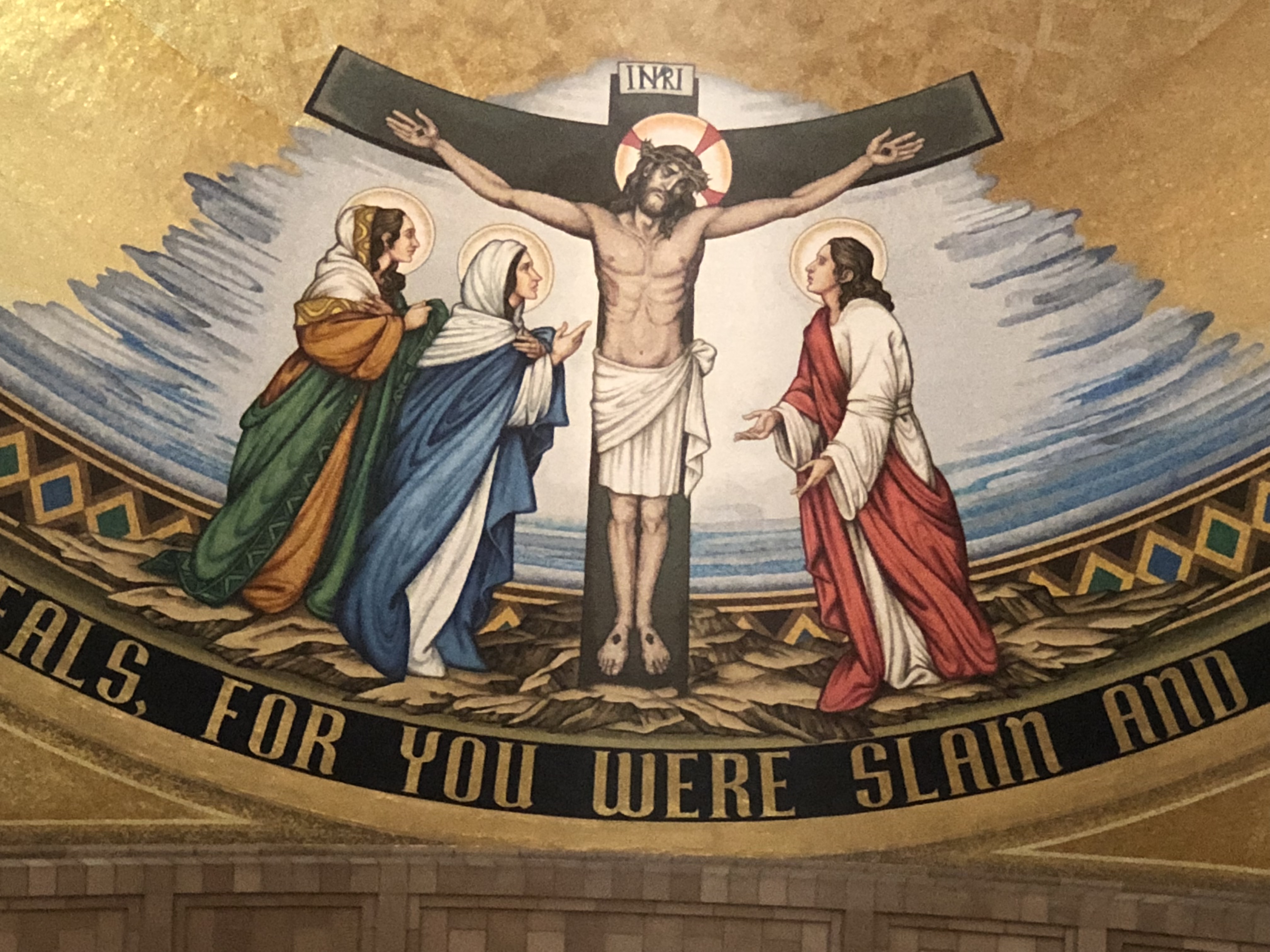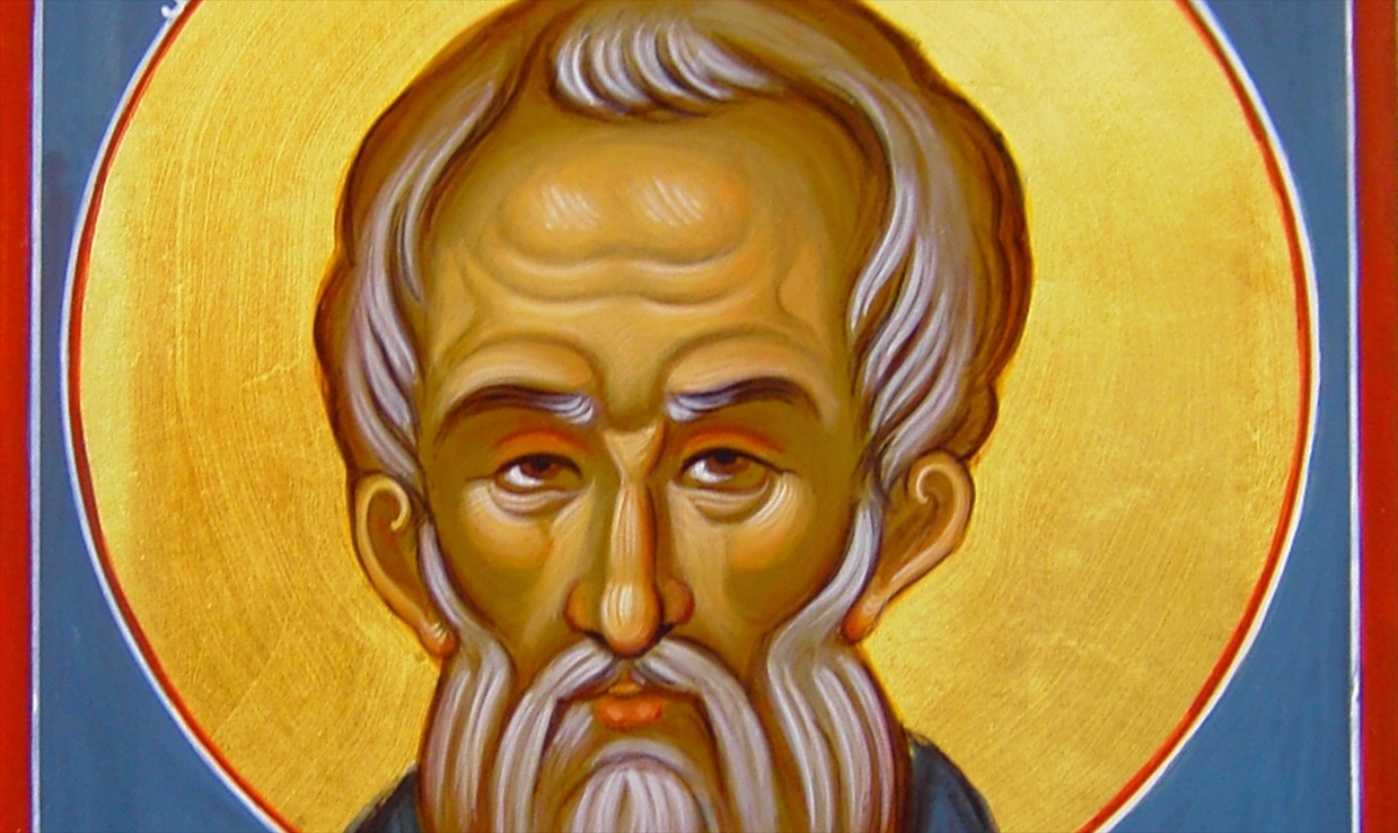World Religions Part III: Real Catholicism is the Only Antidote to Chaos
I attempted to prove in World Religions part I and part II that Catholicism is the only world religion that even claims to deliver lasting fulfillment to modern man. In this blog post, I will attempt to show that an "updated" Catholicism can never do this. Only real Catholicism can serve as "an antidote to chaos" to borrow a term from the best-selling book by Jordan Peterson. Yesterday, I drove from Denver to Chicagoland to be with my grandma for what may be her last month on earth. I am vigiling by her bed with both an iPad to get some work done and the old Collectio Rituum to begin [...]








